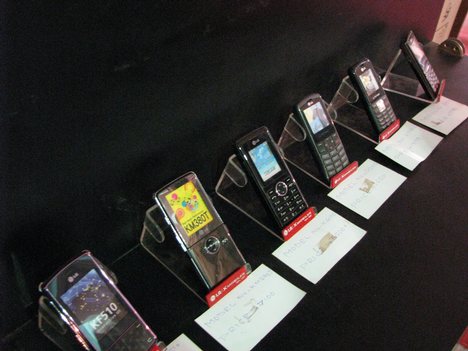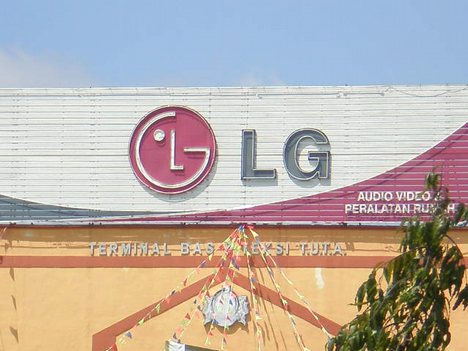
- Order:
- Duration: 1:44
- Published: 12 Aug 2011
- Uploaded: 12 Aug 2011
- Author: LGMobileHQ




































































The initialism has become mainstream as a self-designation and has been adopted by the majority "sexuality and gender identity-based" community centers and media in the United States and some other English-speaking countries.
The initialisms are not agreeable to everyone that they literally encompass.). On the other hand, some individuals of one group may feel no relation to the individuals in other groups denoted and find such persistent comparisons offensive.
The first widely used term, homosexual, was thought to carry negative connotations and tended to be replaced by homophile in the 1950s and 1960s, and subsequently gay in the 1970s. As lesbians forged more public identities, the phrase "gay and lesbian" became more common. As equality was a priority for lesbian feminists, disparity of roles between men and women or butch and femme were viewed as patriarchal. Lesbian feminists eschewed gender role play that had been pervasive in bars, as well as the perceived chauvinism of gay men; many lesbian feminists refused to work with gay men, or take up their causes. Lesbians who held a more essentialist view that they had been born homosexual and used the descriptor "lesbian" to define sexual attraction, often considered the separatist, angry opinions of lesbian-feminists to be detrimental to the cause of gay rights. This was soon followed by bisexual and transgender people also seeking recognition as legitimate categories within the larger community. It was thought that transgender people were acting out stereotypes and bisexuals were simply gay men or lesbian women who were afraid to come out and be honest about their identity. Not until the 1990s did it become common to speak of gay, lesbian, bisexual and transgender people with equal respect within the movement.
A phrase introduced in the 2000s, "minority sexual and gender identities" ("MSGI"), used to include all letters and acronyms, has yet to find its way into common usage. The magazine Anything That Moves coined the acronym FABGLITTER (from Fetish such as the BDSM lifestyle community, Allies or poly-Amorous as in Polyamorous couples became more used, Bisexual, Gay, Lesbian, Intersexed, Transgender, Transsexual Engendering Revolution or inter-Racial attraction), although this term has not made its way into common usage.
Another acronym that has begun to spread is QUILTBAG, from Queer/Questioning, Undecided, Intersex, Lesbian, Trans, Bisexual, Asexual, Gay. Again, this is not a common term.
The initial A stood for Allies came from some of the paraphilia or sexual fetishism (i.e. maiesiophile) lifestyles, whom are primarily in support for the GLBT community, and sometimes they form an alliance in sociopolitical affairs, to farther represent the umbrella term GLBTA (Gay Lesbian Bi Trans Alternative or Allies).
A reverse to the above situations is evident in the belief of "lesbian & gay separatism" (not to be confused with the related "lesbian separatism"), which holds that lesbians and gay men form (or should form) a community distinct and separate from other groups normally included in the LGBTQ sphere. While not always appearing of sufficient number or organization to be called a movement, separatists are a significant, vocal, and active element within many parts of the LGBT community. In some cases separatists will deny the existence or right‐to‐equality of non‐monosexual orientations and of transsexuality.
Many people have looked for a generic term to replace the numerous existing abbreviations. Words like "queer" and "rainbow" have been tried but most have not been widely adopted. "Queer" has many negative connotations to older people who remember the word as a taunt and insult and such (negative) usage of the term continues. Some do not subscribe to or approve of the political and social solidarity, and visibility and human rights campaigning that normally goes with it including gay pride marches and events. In the 1996 book Anti-Gay, a collection of essays edited by Mark Simpson, the concept of a 'one-size-fits-all' identity based on LGBT stereotypes is criticized for suppressing the individuality of LGBT people.
Category:Male homosexuality Category:Lesbianism Category:Bisexuality Category:Same-sex sexuality Category:Transgender
Category:Initialisms Category:Words coined in the 1990s Category:Acronyms
This text is licensed under the Creative Commons CC-BY-SA License. This text was originally published on Wikipedia and was developed by the Wikipedia community.
